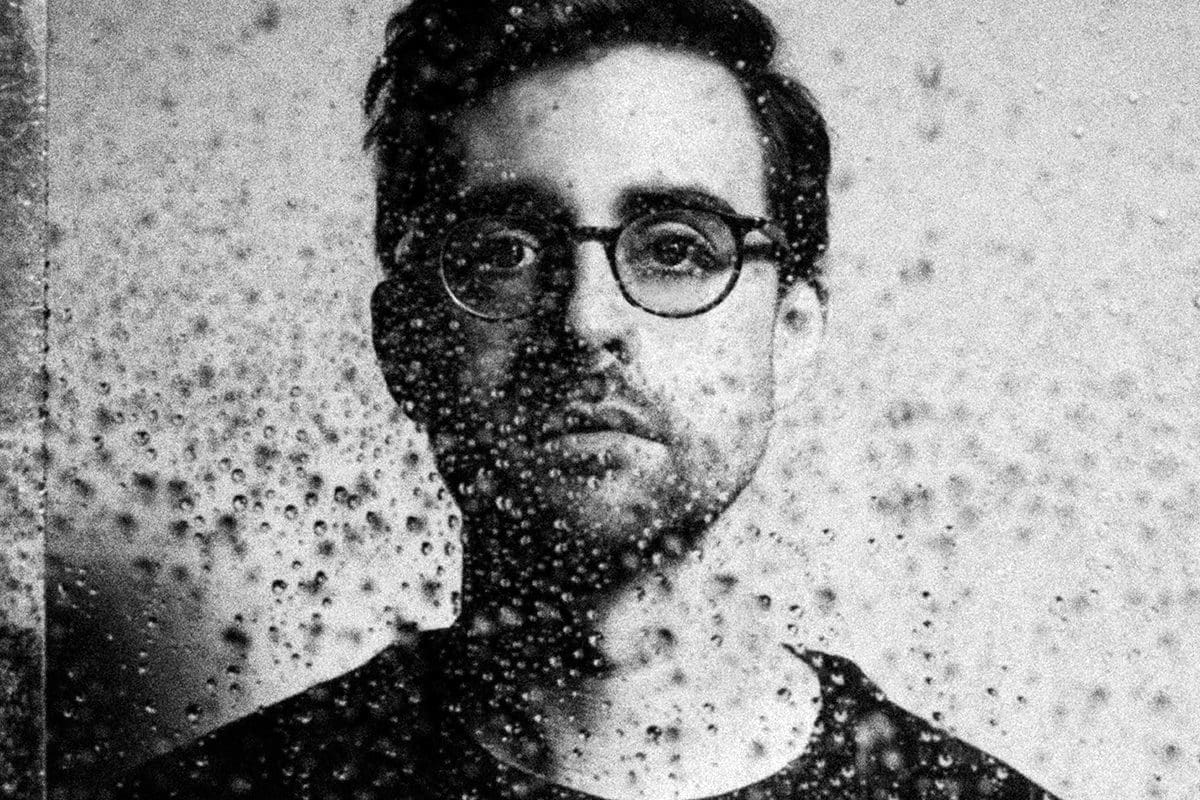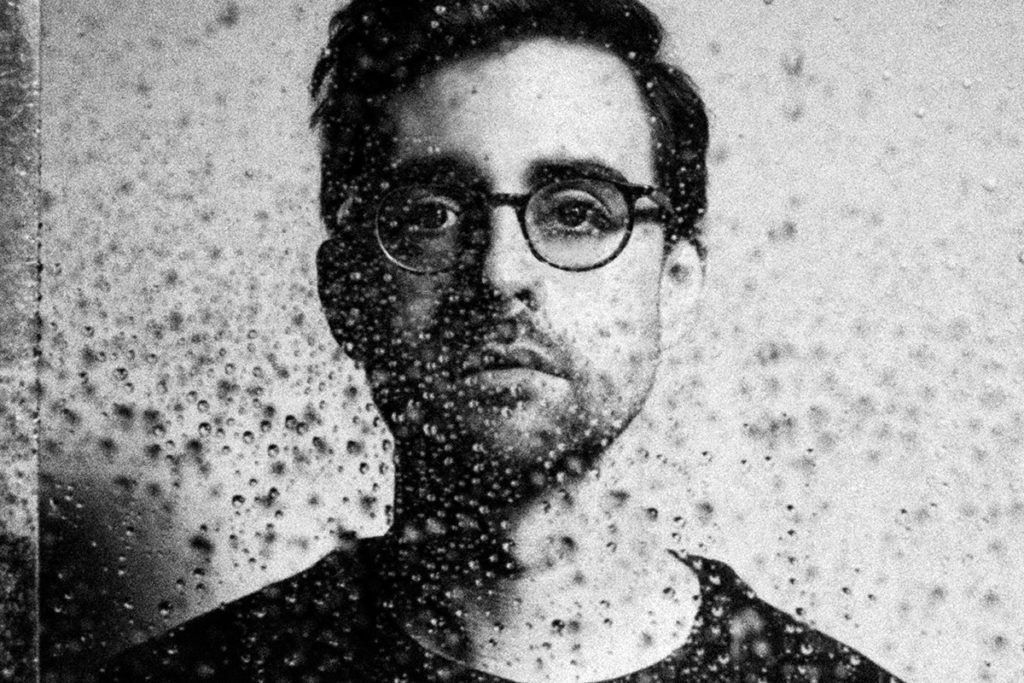


GRAMMY-nominated pianist Chris Pattishall, a Durham native and rising star in the New York jazz scene, has spent over a decade with the compositions of Mary Lou Williams, expanding and exploding their instrumentation into a full-bodied interpretive album, Zodiac (2021). In this world premiere performance in Duke’s von der Heyden Studio Theater, enlivened by sound design from experimental guitarist and composer Rafiq Bhatia and video projections by artist Kim Alpert, Pattishall brings the music of Mary Lou Williams back to Duke — where she once served as Duke’s first Artist in Residence and Director of the Duke Jazz Ensemble.
As a young pianist, Pattishall was immediately drawn to Williams’ sound and her willingness as a composer to turn on a dime (qualities he greatly admired in Thelonious Monk, whom Williams had influenced). “It almost feels like you’ve got a remote and you’re changing channels,” Pattishall explains. “That’s a way of hearing music that I associate with Madlib and I’ve never really heard anyone play music like that, acoustically. There’s a kaleidoscopic aspect to the way that those quick changes accumulate on a larger scale. But by contrast, there are a lot of subtle things in the music that tie everything together—little gestures that keep reappearing that you won’t even notice if you’re not paying attention.”
As Pattishall began to transcribe movements from Williams’ 1945 landmark ‘Zodiac Suite,’ he started imagining them with an expanded instrumentation in mind. He was equally enamored with the sound of the original recording; the harmonic saturation that comes from recording to tape is a stark departure from today’s more sterilized jazz recordings. “There’s a residue that exists that is the result of the performance, but it ends up having its own hue,” he explains.
Rather than attempting a historical re-creation, Pattishall enlisted the help of a longtime friend in Bhatia, who brings a creative, meticulously-detailed and future-thinking approach to sound that builds on the innovations of ambient and experimental electronic artists. Bhatia’s production amplifies the intimacy of the performances, while his subliminal layers of sound-design fuel the dreamlike feeling of the arrangements.
Made possible, in part, with support from the Mary Duke Biddle Foundation.
Duke Students & Employees save more!